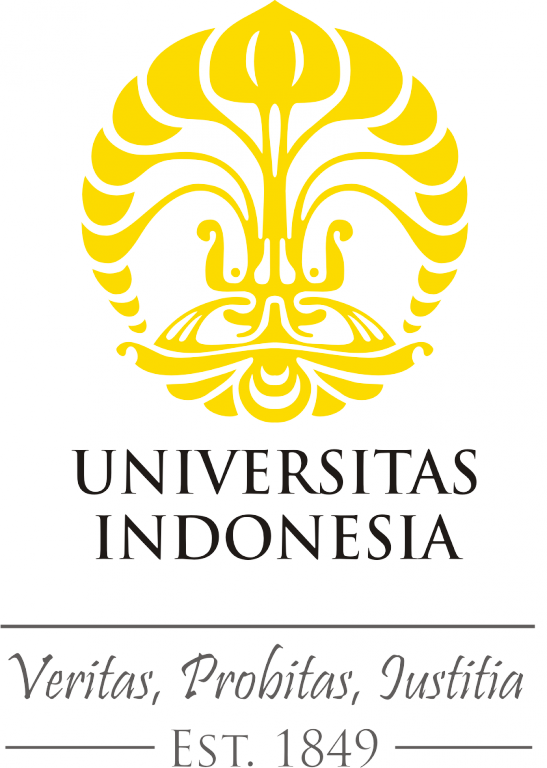
Universitas Indonesia


| Call Number | T-1288 (Softcopy T-996) Mak T-87 |
| Collection Type | Tesis |
| Title | Effects of Smishing Attacks on Service Delivery Using Mobile Technology: A Case Study of Rwanda |
| Author | Sosthene Bwigenge; |
| Publisher | Depok: Fakultas Ilmu Komputer Universitas Indonesia, 2021 |
| Subject | |
| Location | FASILKOM-UI; |
| Nomor Panggil | ID Koleksi | Status |
|---|---|---|
| T-1288 (Softcopy T-996) Mak T-87 | TERSEDIA |
ABSTRACT Name : Sosthene Bwigenge Study Program: Magister Ilmu Komputer Topic : Effects of Smishing Attacks on Service Delivery Using Mobile Technology: A Case Study of Rwanda Supervisor : Prof. Ir. Dana Indra Sensuse, M.LIS, Ph.D. Nowadays, there is an exponential growth in information and communication technologies that influence mobile technologies and services utilization. These have had a pervasive impact on both society and our daily lives. In Rwanda, mobile technologies and services have become tools for accessing services in different social-economic business activities. Mobile technologies and services have become the place to store valuable information. Consequently, this makes mobile technologies and services targets for social engineering attacks that want to get unauthorized access to this information and use it for malicious purposes. Smishing attacks are common social engineering attacks that pose challenges to the utilization of mobile technologies and services. Therefore, smishing attack risks have negative effects on the perception of mobile technologies and service users. Both the Technology Acceptance Model and Routine Activity Theory have been used to assess smishing attack risks on mobile technologies and services. This study used both quantitative and qualitative methods to identify and examine how smishing attack risks negatively affect the perception of mobile technologies and service users. The researchers organized a survey of 400 respondents from four provinces of Rwanda and Kigali city. This study used Rwanda as the case study because Rwanda has fully adopted mobile technology and services to access services. The model, made up of 10 variables, has been used by this research study to identify how smishing attacks risk on mobile service quality resulted in a negative influence on the perception of mobile technology and service users. Data analysis results have found that one (Social Influence) of the variables is not significant. The remaining variables (Awareness, Perceived Usefulness, Service Quality, Perceived Security, Perceived Consequences, Perceived Vulnerability, Perceived Victimization, Satisfaction, and intention to use mobile devices) are significant. Based on international standards and best practices, this study created mobile information security management strategies to reduce the risks of smishing attacks on mobile service quality, improve and enhance service quality, enhance mobile information security, and increase the mobile device users’ satisfaction, perceived usefulness, and intention to use mobile devices in service delivery in Rwanda. Keywords: Mobile devices, Mobile Service, Smishing attack risk, service quality, information security strategy.